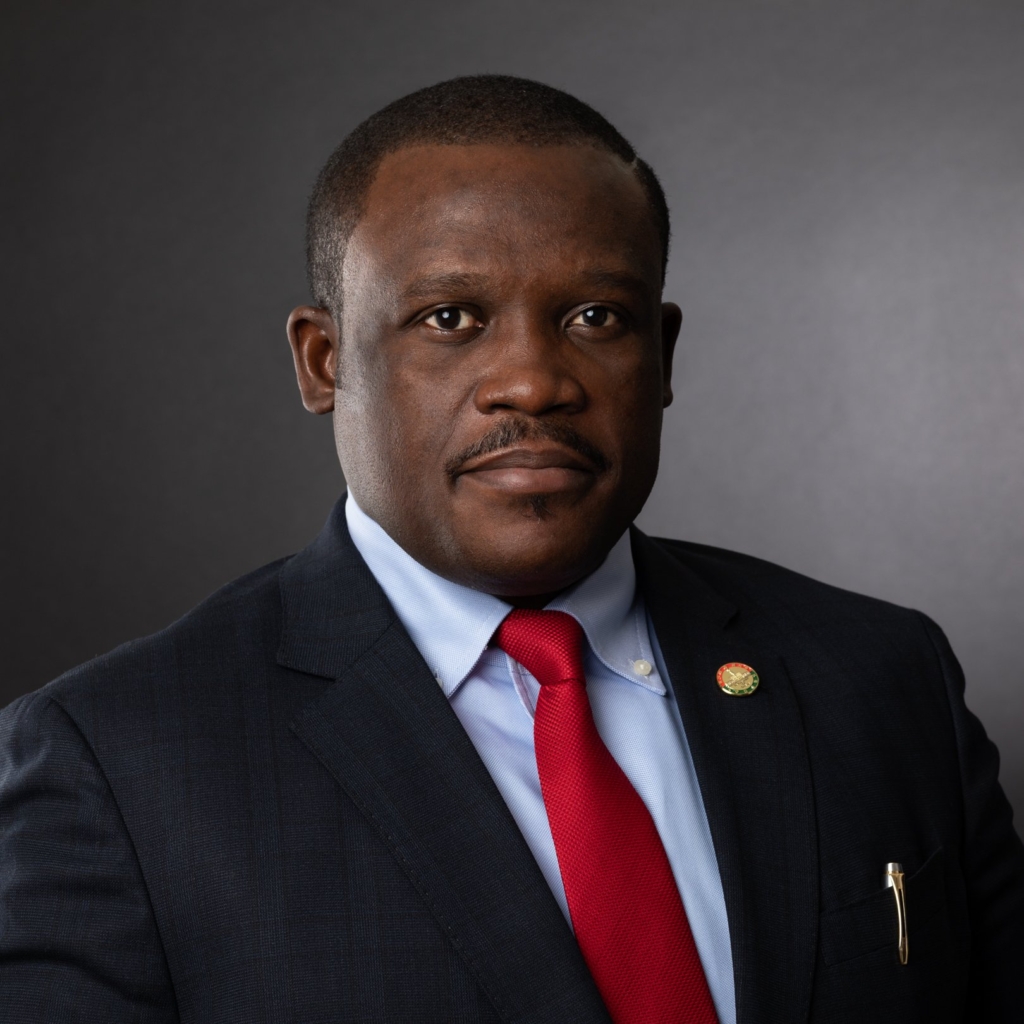
The Media Foundation for West Africa (MFWA) has expressed concerns over the recent suspension of seven private radio stations by the Minister for Communication, Digital Technology, and Innovations.
According to the MFWA, the decision raises critical questions about fairness, transparency, and the potential threat to press freedom and access to information.
While acknowledging that the shutdowns are in accordance with the law, the MFWA welcomed efforts to enforce broadcasting standards to sanitise the airwaves. However, the organisation also raised reservations about the process.
The MFWA stated that radio plays a crucial role in fostering inclusion and providing a platform for diverse political opinions, saying that given its influence in shaping public discourse, politicians often seek to control it.
As a result, they said any intervention in broadcasting regulation by political actors fuels suspicions of selective enforcement and favoritism.
To enhance transparency, the MFWA urged the Communication Ministry to publish the full data from the recent audit that led to the shutdowns.
This, they argued, would allow the public to identify both compliant and non-compliant stations, dispelling concerns of bias.
The foundation reiterated its long-standing advocacy for amending the law to transfer the licensing and regulatory functions of the National Communications Authority (NCA) to the independent National Media Commission (NMC).
Specifically addressing the case of Gumah FM, the MFWA noted that the accusations against the station pertain to its broadcast content, which falls under the jurisdiction of the NMC.
They argued that while concerns about content may be legitimate, a regulatory process involving partisan political figures such as the sector minister, the Regional Minister, the Director General of the NCA, and the National Security Coordinator raises serious issues of fairness and due process.
The MFWA asserted that even if the decision to shut down the station was based on intelligence advice, the evidence should have been presented to the NMC for an independent review before any sanctions were imposed.
Furthermore, the organisation highlighted Section 2(9) of the NCA Act 775, which mandates the NCA to uphold the principles outlined in Chapter 12 of the 1992 Constitution. Chapter 12, as widely known, establishes the independent NMC under Article 166, tasking it with maintaining high journalistic standards and addressing complaints against the media.
Despite this legal framework, the MFWA noted that recent shutdowns like those under the previous Akufo-Addo administration have bypassed the NMC, setting a dangerous precedent.
The MFWA warned that if this trend continues, authorities could exploit national security concerns as a pretext to shut down critical media outlets for political reasons.
This, they cautioned, would pose a serious threat to press freedom and media pluralism in Ghana.
They, therefore, called on President John Mahama’s administration to pause, reflect, and consult the NMC before taking actions against broadcast stations, particularly over concerns related to content.
The MFWA called for a national dialogue to amend existing laws, granting the independent NMC the exclusive authority to approve broadcast licenses and recommend sanctions for violations of licensing conditions.
DISCLAIMER: The Views, Comments, Opinions, Contributions and Statements made by Readers and Contributors on this platform do not necessarily represent the views or policy of Multimedia Group Limited.

